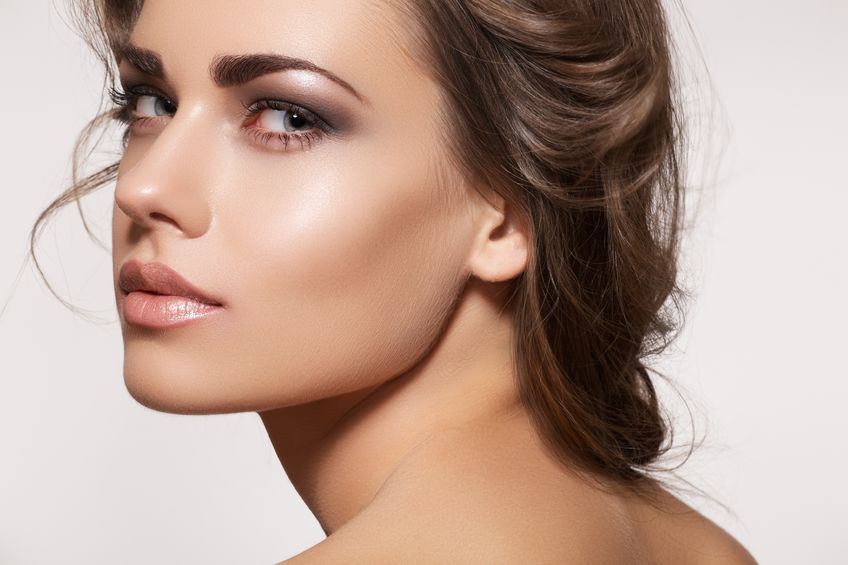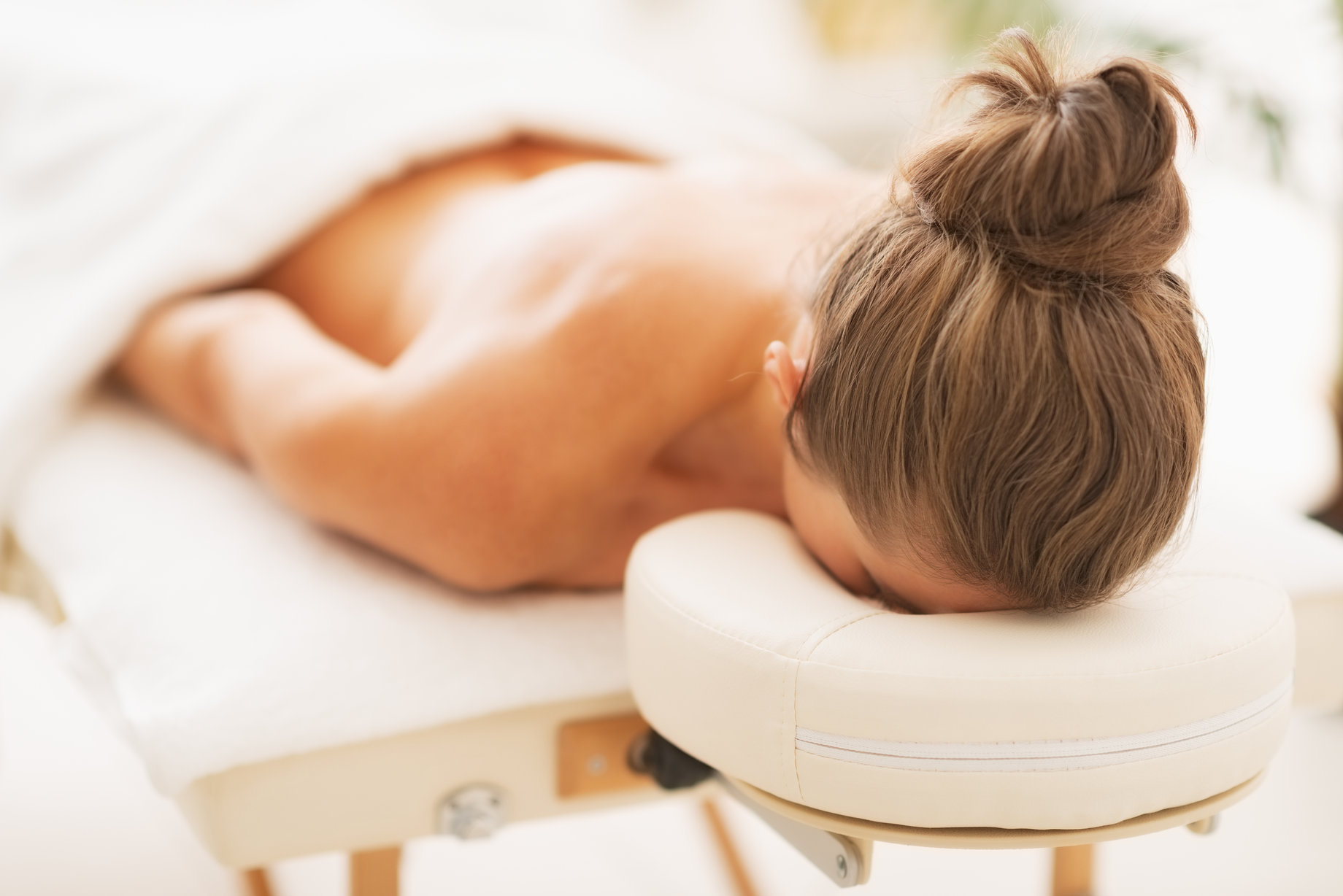
The Importance of Elastin: Skin’s “Youth” Protein
Considering that many women wish to ensure that their skin receives the appropriate nutrients and care it needs in order to age beautifully, it is important to understand one of the key components to healthy, youthful skin: elastin.
About Elastin
Elastin is a protein that is found in the connective tissue of skin and organs. Along with collagen, elastin provides structure to both the skin and organs, and therefore allows one’s skin to return to its normal shape after being stretched or pulled. Unfortunately, our bodies stop producing the same volume of collagen and elastin as we age, and free radicals and a lack of antioxidants can damage the skin and destroy collagen and elastin, which accounts for the undesirable fine lines, wrinkles and loose skin that begin to appear. So what can we do about it?
Some beauty products claim to contain collagen and elastin, but it is important to understand that such products may do little more than coat the skin in order to better hold in moisture. They cannot actually penetrate the deeper layers of the skin in order to make it more elastic, as naturally-produced elastin does. That said, there are things one can do to help boost their body’s ability to produce elastin from the inside, and simultaneously reduce its rapid destruction:
● Use beauty products that contain antioxidants. Antioxidants can help maintain elastin levels and fight oxidative stress.
● Use broad spectrum, high SPF sunscreen to protect your skin against both UVA and UVB rays whenever you go outdoors. It’s true that sunscreen can help one to avoid the risk of skin cancer, but it can also do wonders to help support one’s natural elastin levels.
● Eat nutritionally rich foods. Embryonic foods such as eggs, beans and seeds contain valuable amino acids that can boost collagen and elastin production. Antioxidants such as pomegranates and goji berries can inhibit damage to collagen and elastin.
● Avoid irritants that affect your skin. In addition to sun damage, pollution, cigarettes, alcohol, drugs, pesticides and toxins can all contribute to collagen and elastin loss.
● Take amino acid supplements daily. Amino acids aid in the formation of collagen and elastin.
● Get plenty of good sleep. Sleep helps the body to replenish energy, build new cells and repair connective tissue.
● Avoid stress. Stress can take a toll on your skin, so whenever you feel stressed it is important to take a deep breath and relax as much as possible.
Love,
Gen



Leave a Reply